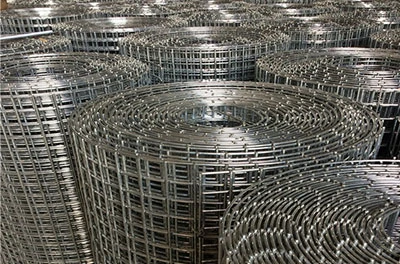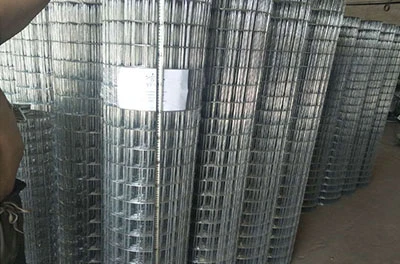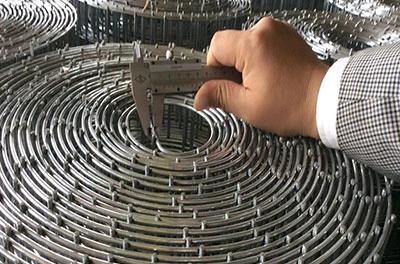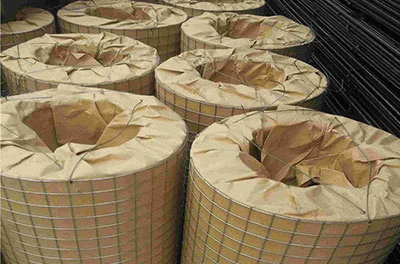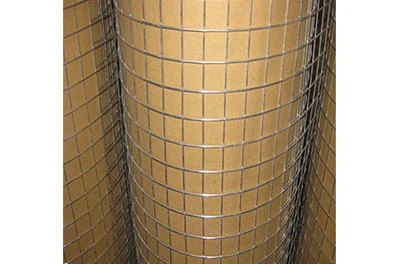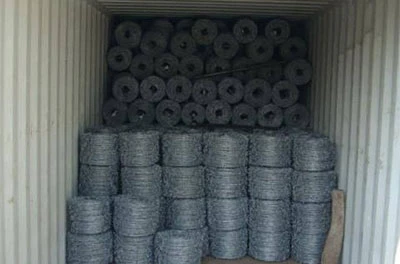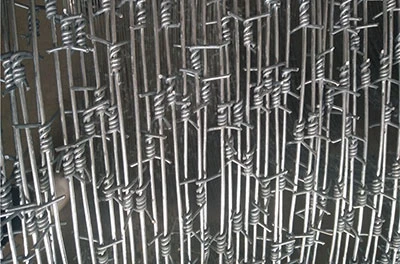Feb . 01, 2025 02:11 Back to list
aluminum serrated grating
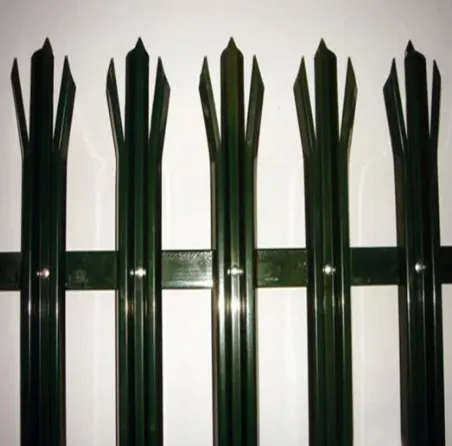
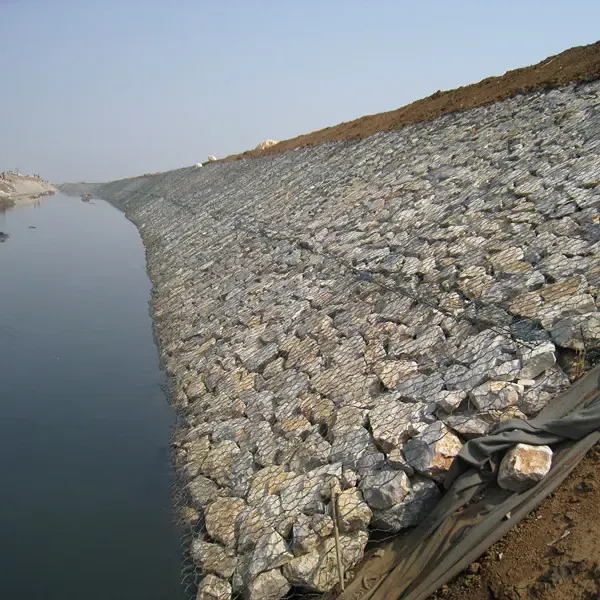
In terms of trustworthiness, aluminum serrated grating enjoys a reputation built over decades due to its consistent performance. When maintenance costs are considered, the grating's resistance to corrosion contributes significantly to its long-term cost-effectiveness. Facilities that employ it often note a decrease in upkeep demands, enhancing operational efficiency and freeing up resources for other priorities. Moreover, aluminum is an eco-friendly option, being entirely recyclable. Thus, for businesses looking to bolster their green initiatives while maintaining top-notch safety standards, aluminum serrated grating serves as a trustworthy option. The practical benefits of aluminum serrated grating extend beyond simple installation and use. Customization potential is a noteworthy aspect, allowing for tailored solutions to fit specific project requirements. Whether in terms of panel sizing, load specifications, or anodized finishes for additional protection or aesthetic purposes, aluminum serrated grating provides versatility that matches diverse industrial needs. In conclusion, aluminum serrated grating is an unparalleled choice for those seeking a balance between safety, durability, and environmentally friendly solutions in industrial applications. Its adoption enhances worker safety through superior slip resistance and ensures longevity and minimal maintenance, meeting the needs of industries focused on both performance and sustainability. As global industry standards continue to evolve, aluminum serrated grating stands out as a reliable, durable, and effective material solution.
Latest News
-
Brick Mesh Wall Solutions | Enhanced by GPT-4 Turbo Design
NewsAug.01,2025
-
Premium Anti-Climb Fence Spikes for Sale
NewsAug.01,2025
-
Premium Peach Post Fence | Durable & Stylish Security
NewsJul.31,2025
-
Best Galvanized Grating Price - Durable Galvanized Steel Grating Solutions
NewsJul.30,2025
-
0.5-4.0mm Wire 2×2 4×4 8×8 Hot Dipped Galvanized Welded Mesh Roll
NewsJul.30,2025
-
Metal Fence Pickets for Sale – Durable Galvanized & Steel Options
NewsJul.29,2025
Our company owns has excellent CAD steel grating drawing designers, who can provide customers with perfect steel grating layout design and better meet customers' special requirements for products. We have been adhering to it the business tenet of "quality first, customer first", with high-quality products, reasonable prices, and the fastest delivery time, we wholeheartedly provide customers with a full range of services! Welcome new and old customers to cooperate sincerely and create brilliance together!
Contact Us
WELCOME TO OUR COMPANY!
Thank you for your interest in our services! If you have any questions or wousld like to book a service, please don’t hesitate to contact us. Our team is dedicated to providing you with the highest level of service and support, and we are committed to working with you to make your event a success.

Service Email

Service Phone
Product Center
Contact Us
- Phone: +86 +86 15733154345
- E-mail: sales@chengsenchina.com
- Address: B1213 GLOBAL CENTER, NO.226 ZHONGHUA NORTH STREET, SHIJIAHUANG, CHINA


